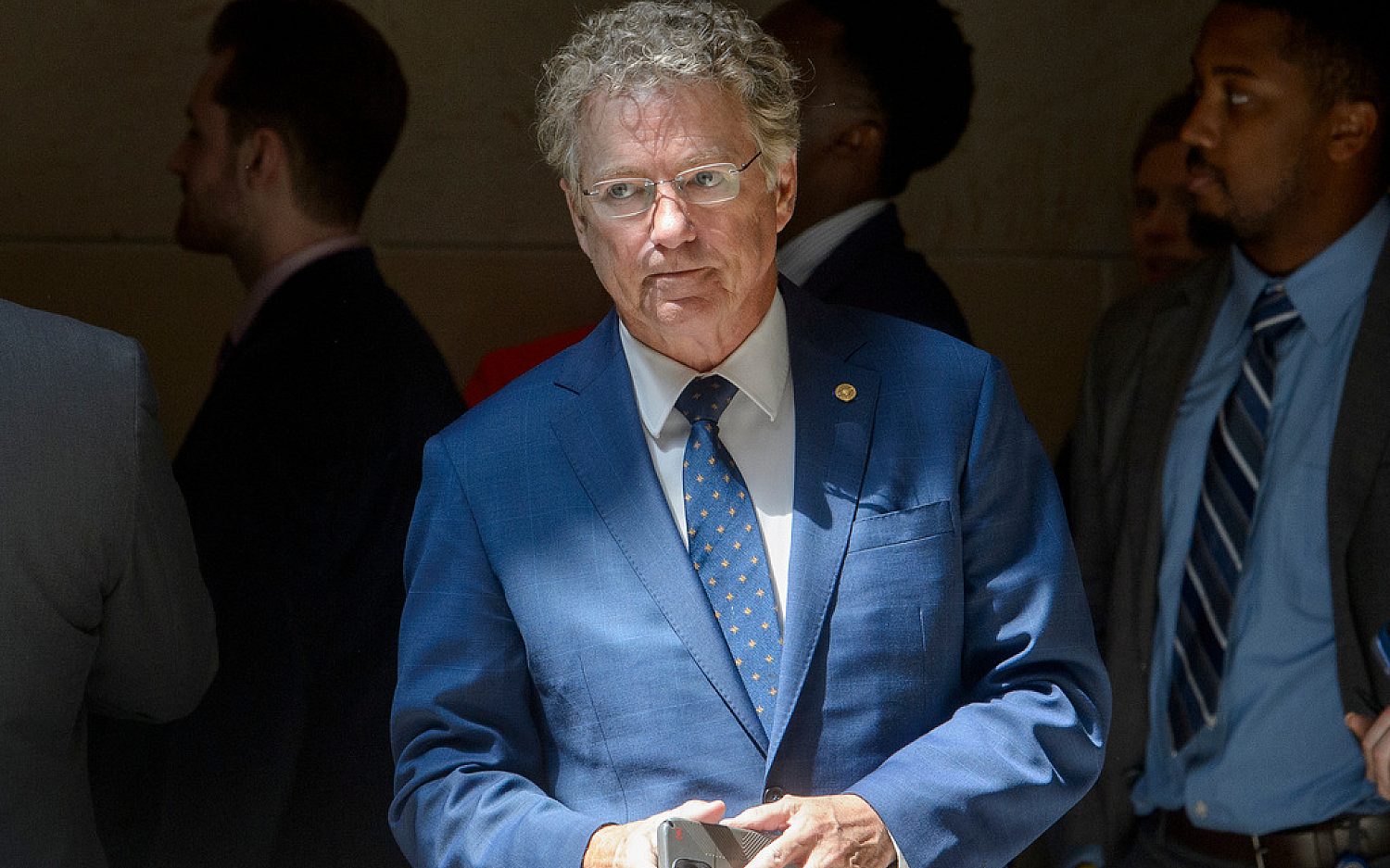California case could end unregulated surrogacy in U.S.
A California surrogate mother is challenging the state’s surrogacy law as unconstitutional after the man who hired her asked her to abort one of the triplets she is carrying.
Forty-seven year-old Melissa Cook is more than 23 weeks pregnant with three boys. She was hired by a 50 year-old postal worker from Georgia who paid her $33,000 to carry babies produced from his sperm and a 20-year-old donor’s eggs. When all three implanted embryos developed, he asked her to “reduce” one of the infants—a provision included in the contract. But Cook refused.
“I am pro-life, and I am not having an abortion,” Cook told him, according to court documents. Cook told the man, referred to as C.M., that she would adopt one of the children.
Cook said C.M. considered adopting the third baby to a stranger but ultimately decided it would be too hard on the children to be separated. He chose abortion instead.
“I made my decision, which is best,” Cook said he told her.
On Jan. 4, Cook filed suit in Los Angeles Superior Court claiming her contract and California’s surrogacy laws violate the constitutional guarantees of due process and equal-protection rights.
“I no longer view surrogacy arrangements in the same favorable light I once did,” Cook said in a statement. “I have a deep empathy for men who want children. However, I now think that the basic concept of surrogacy arrangements must be re-examined, scrutinized, and reconsidered.”
Attorney Harold Cassidy represented another surrogate mother in the 1980’s Baby M case in New Jersey and now represents Cook, who has four children of her own and birthed one other child as a surrogate. Cassidy believes California’s law and the contract won’t withstand scrutiny. And enforcing the forced abortion or adoption to a stranger would be cruel, he said.
“The notion that a man can demand that a mother terminate the life of one of the children she carries by an abortion, and then claim that she is liable for money damages when she refuses, is cruel to the mother,” Cassidy said in a statement. “The idea that when a mother offers to raise the child that the man wanted her to kill, but the man insists that the child be raised by a stranger instead of the mother who loved him and saved his life, is cruel to the child.”
Cook claims C.M.’s decision to abort was financially motivated. But his lawyer said the request was prompted by doctors’ recommendation, due to health risks associated with triplet pregnancies.
Regardless, Judith Daar, chairman of the American Society for Reproductive Medicine Ethics Committee, told The Washington Post a court wouldn’t order a surrogate to abort a baby. But it’s also unlikely the court will grant Cook parental rights, she said.
Jennifer Lahl, president of the Center for Bioethics and Culture, called Cook’s lawsuit a “landmark case.”
“Women across America have been bullied, intimidated, exploited, and used by the commercial surrogacy industry that preys on the poor for profit,” she said. “Through this case and others, Americans are quickly coming to understand why Canada and so many European, Asian, and African countries have banned paid surrogacy.”
An actual newsletter worth subscribing to instead of just a collection of links. —Adam
Sign up to receive The Sift email newsletter each weekday morning for the latest headlines from WORLD’s breaking news team.




Please wait while we load the latest comments...
Comments
Please register, subscribe, or log in to comment on this article.